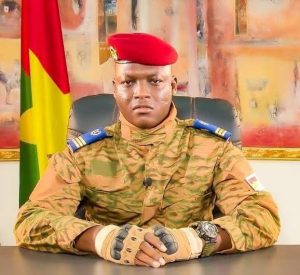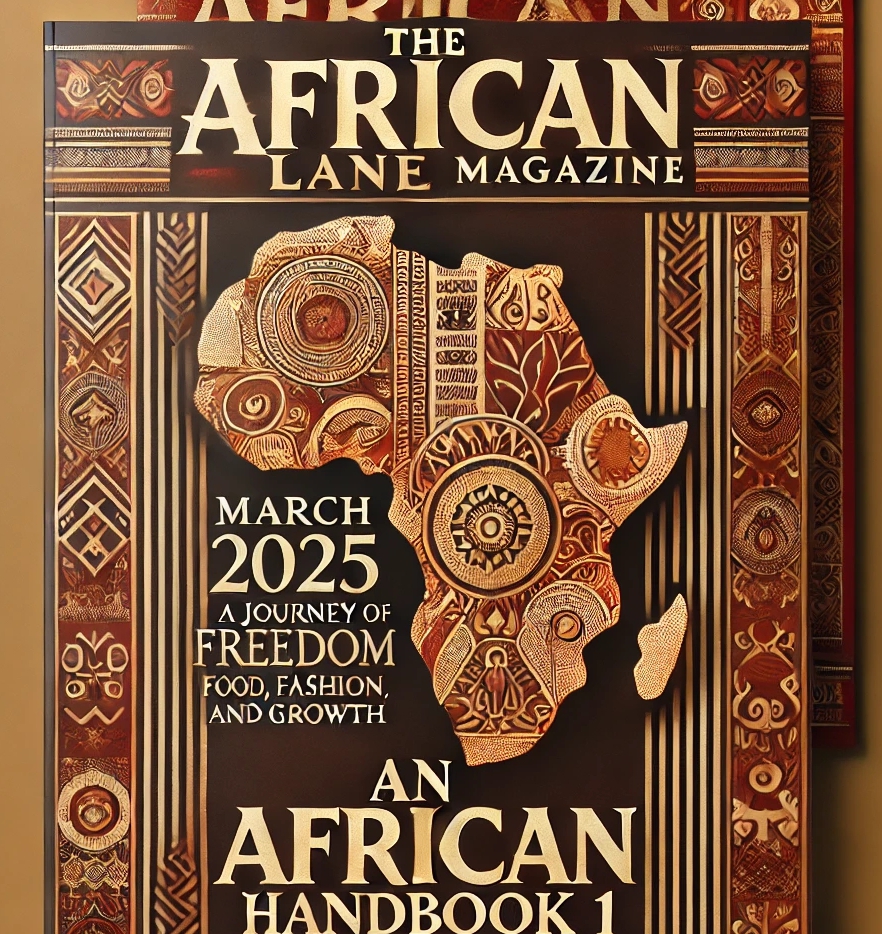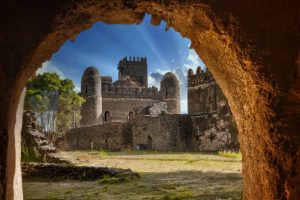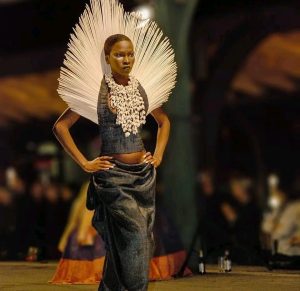A New Era for Burkina Faso? Assessing the Leadership of Captain Ibrahim Traoré

Captain Ibrahim Traoré’s
In the heart of West Africa, a new kind of leadership is taking shape. Captain Ibrahim Traoré, who seized power in October 2022 following a military coup, has captured the attention of the continent and beyond. His administration represents a significant departure from the approaches of past governments, characterized by a firm anti-imperialist posture, a focus on resource nationalism, and bold legal and institutional reforms. But is his government truly better than those before him? The answer lies in a nuanced evaluation.
A BOLD SHIFT IN NATIONAL SOVEREIGNTY
One of Traoré’s most defining moves was the expulsion of French military forces and the severing of longstanding military ties with France. This bold act was more than symbolic; it marked a deliberate effort to reclaim national sovereignty and reject neocolonial influence. His administration has since deepened partnerships with non-traditional allies like Russia and Turkey, positioning Burkina Faso as a more autonomous player in regional politics.
RESOURCE CONTROL AND ECONOMIC REFORMS
The Traoré government has prioritized the control and beneficiation of Burkina Faso’s natural resources, especially gold. Initiatives such as the construction of the country’s first gold refinery and the suspension of gold export permits for small-scale producers are efforts to curb illicit trade and ensure wealth generated from natural resources benefits the nation directly. These measures contrast sharply with the past, when foreign corporations often reaped the lion’s share of profits. According to local economic analysts, these reforms could significantly boost state revenues if properly managed.

SECURITY EFFORTS AND CIVILIAN MOBILIZATION
Facing relentless jihadist insurgencies, Traoré declared a national mobilization, calling on civilians to support the military. While this strategy demonstrates a commitment to national defense, it has come at a tragic cost. The involvement of untrained civilians in defense activities has led to devastating attacks—most notably, the massacre in Barsalogho in 2024, where over 100 civilians were killed. While military overstretch partly explains this approach, the consequences raise urgent questions about the effectiveness and humanity of such security strategies.
CULTURAL AND JUDICIAL REFORMS
In a powerful gesture of decolonization, the government has embarked on symbolic cultural reforms, such as replacing colonial-era judicial robes with garments made from Faso dan fani, a traditional Burkinabé cotton fabric. These efforts aim to root national institutions in indigenous identity and pride, signaling a broader cultural renaissance.
His government has backed a draft law to criminalize homosexuality and is considering reinstating the death penalty—moves that have drawn international condemnation. Moreover, as a military leader who came to power through a coup, Traoré operates outside the bounds of democratic norms, restricting political freedoms and civil liberties. His governance style, while decisive, has yet to create space for political pluralism or a credible path to elections.
Comparing Past And Present
Previous civilian administrations in Burkina Faso were marred by corruption, inefficiency, and dependency on foreign aid. In contrast, Traoré has taken bold steps to chart a new course based on sovereignty and self-reliance. Yet, his reliance on militarism and the erosion of democratic institutions present serious long-term risks. His government may be more ideologically driven and action-oriented.
Conclusion: A Complex Legacy in the Making
Captain Ibrahim Traoré’s leadership reflects a radical reimagining of Burkina Faso’s future—one centered on sovereignty, resource control, and national pride. Whether this vision will lead to lasting transformation or deepen internal divisions remains to be seen. As Africa watches closely, Traoré’s legacy will likely be defined not only by the boldness of his actions but by their consequences for democracy, stability, and the everyday lives of Burkinabé citizens.





